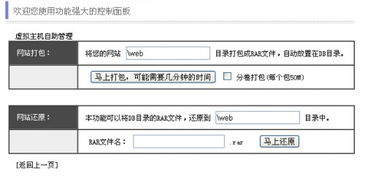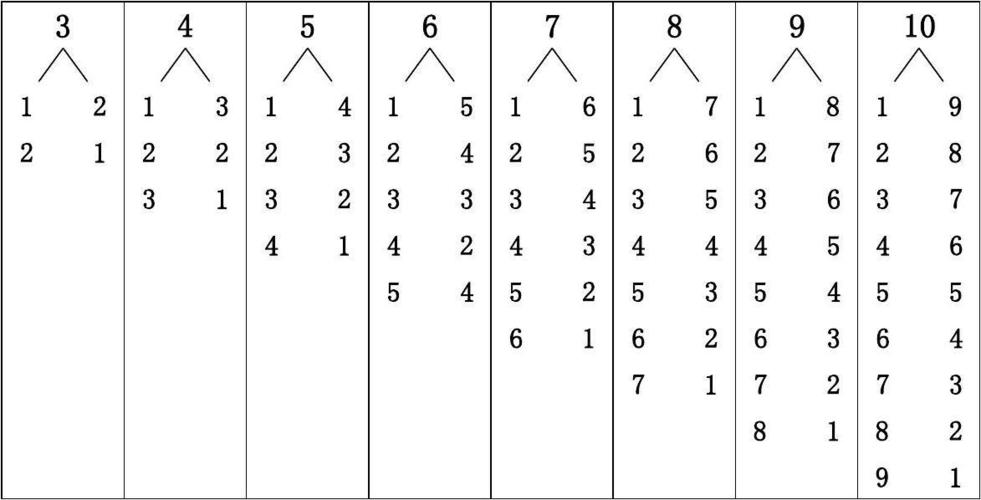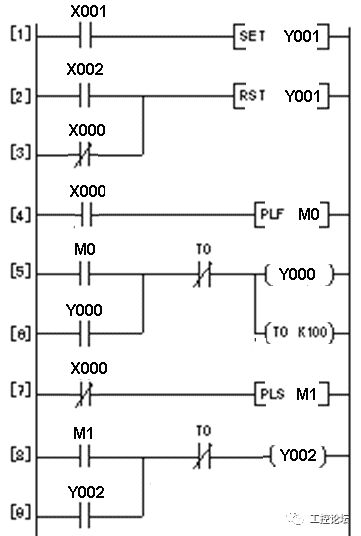Title: A Comprehensive Guide to Flask Programming Tools
Flask, a micro web framework for Python, provides a flexible and lightweight platform for building web applications. Leveraging its simplicity and extensibility, developers often utilize various programming tools to enhance their Flask development experience. In this guide, we'll explore a range of essential tools tailored for Flask programming.
1. FlaskSQLAlchemy: Simplifying Database Operations
FlaskSQLAlchemy integrates SQLAlchemy, a powerful SQL toolkit, into Flask applications, simplifying database operations. It offers ORM (ObjectRelational Mapping) support, allowing developers to work with databases using highlevel Python objects. This tool streamlines database interaction, offering features like query building, transaction management, and database migrations.

2. FlaskWTF: Form Handling Made Easy
FlaskWTF simplifies form handling in Flask applications by providing utilities for form creation, validation, and rendering. It seamlessly integrates with Flask and offers CSRF (CrossSite Request Forgery) protection, making it a secure choice for handling user input. FlaskWTF facilitates the creation of complex forms with minimal boilerplate code, enhancing productivity in formdriven applications.
3. FlaskRESTful: Building REST APIs with Flask
FlaskRESTful extends Flask to support the rapid development of RESTful APIs. It provides abstractions for defining resources, handling request parsing, and implementing CRUD (Create, Read, Update, Delete) operations. FlaskRESTful encourages a resourcebased approach to API design, promoting clean and scalable code. Developers can leverage its features to create robust APIs with minimal effort.
4. FlaskCaching: Improving Application Performance
FlaskCaching offers caching support for Flask applications, enhancing performance by storing frequently accessed data in memory or persistent storage. It provides decorators for caching function results, response caching for HTTP responses, and caching of entire views. By reducing database queries and expensive computations, FlaskCaching helps optimize application performance, especially for dataintensive tasks.
5. FlaskLogin: Adding User Authentication
FlaskLogin simplifies user authentication and session management in Flask applications. It provides utilities for user login, logout, session management, and access control. FlaskLogin integrates seamlessly with Flask and offers customizable authentication mechanisms, including password hashing and session protection. By handling user authentication complexities, FlaskLogin enables developers to focus on building secure and userfriendly authentication systems.
6. FlaskSocketIO: RealTime Communication
FlaskSocketIO extends Flask to support WebSocketbased realtime communication between clients and servers. It enables bidirectional eventbased communication, allowing for the implementation of features like chat applications, live updates, and notifications. FlaskSocketIO seamlessly integrates with Flask and provides a simple API for handling WebSocket connections, making it an ideal choice for building interactive and collaborative web applications.
7. FlaskAdmin: Building Admin Interfaces
FlaskAdmin offers a simple and customizable solution for building administrative interfaces in Flask applications. It provides prebuilt views for managing database records, user authentication, and application settings. FlaskAdmin integrates with FlaskSQLAlchemy and FlaskWTF, streamlining the creation of powerful admin panels with minimal configuration. By abstracting common admin interface tasks, FlaskAdmin accelerates the development of administration features in web applications.
Conclusion: Enhancing Flask Development with Tools
In conclusion, Flask programming tools play a crucial role in enhancing the development experience and productivity of Flask developers. Whether it's simplifying database interactions, handling user authentication, or enabling realtime communication, these tools provide essential utilities and abstractions tailored for Flask applications. By leveraging these tools effectively, developers can streamline development workflows, build robust web applications, and deliver exceptional user experiences.
Now that we've explored these essential Flask programming tools, it's time to incorporate them into your Flask projects and unlock their full potential. Happy coding!
版权声明
本文仅代表作者观点,不代表百度立场。
本文系作者授权百度百家发表,未经许可,不得转载。











